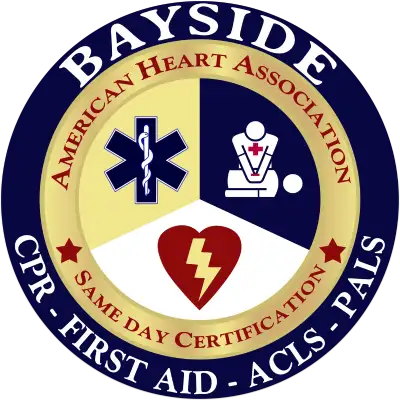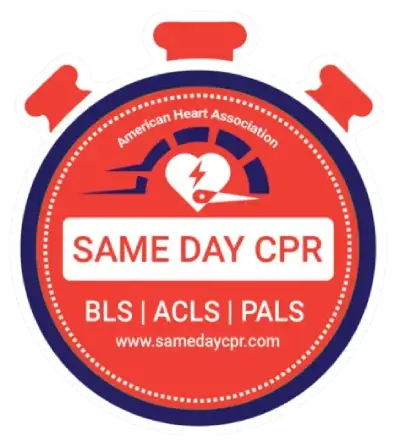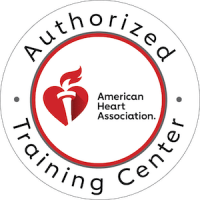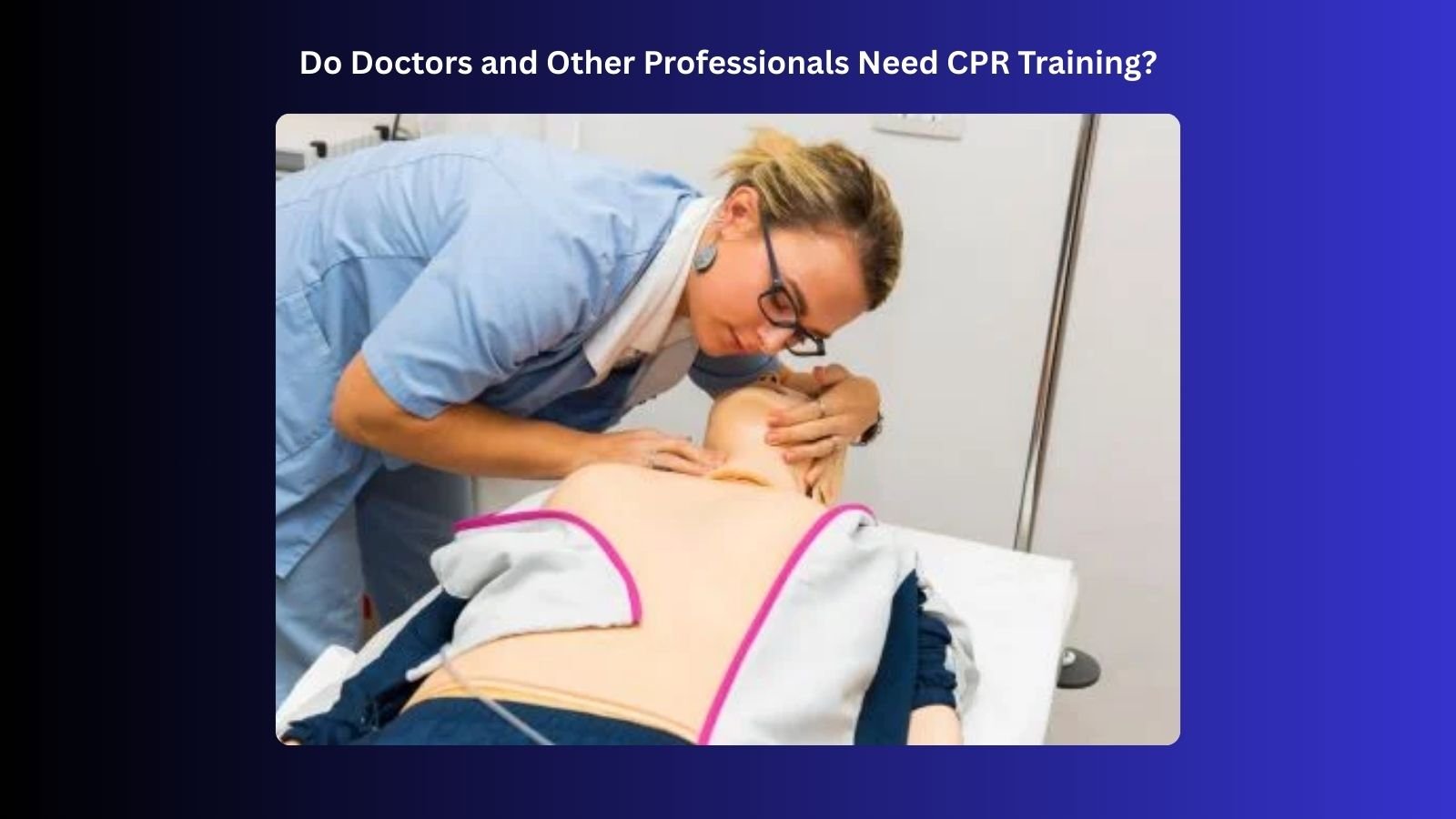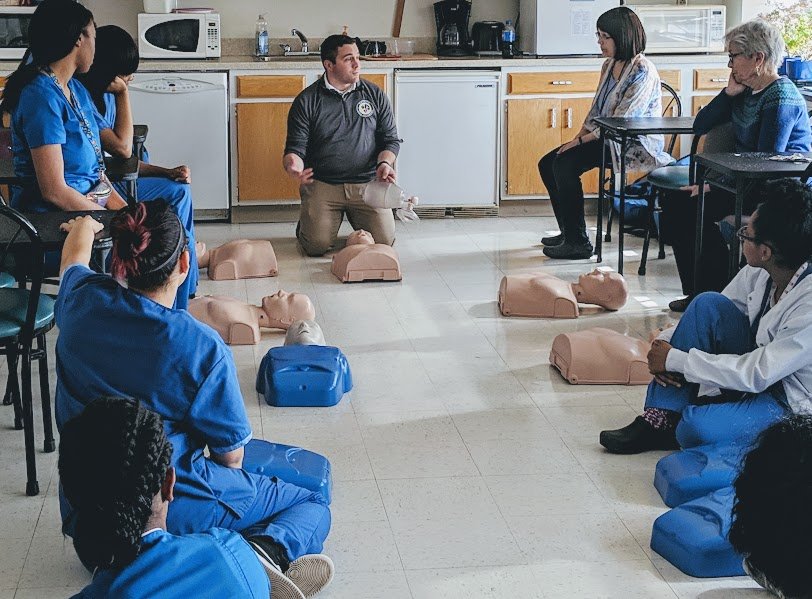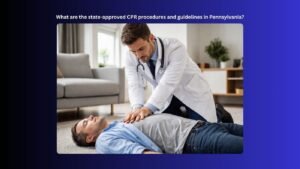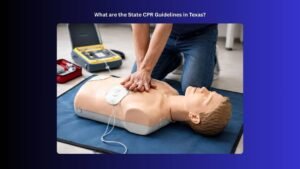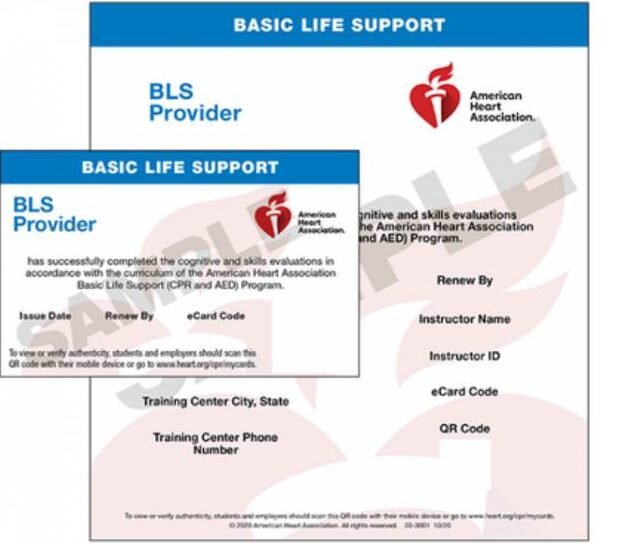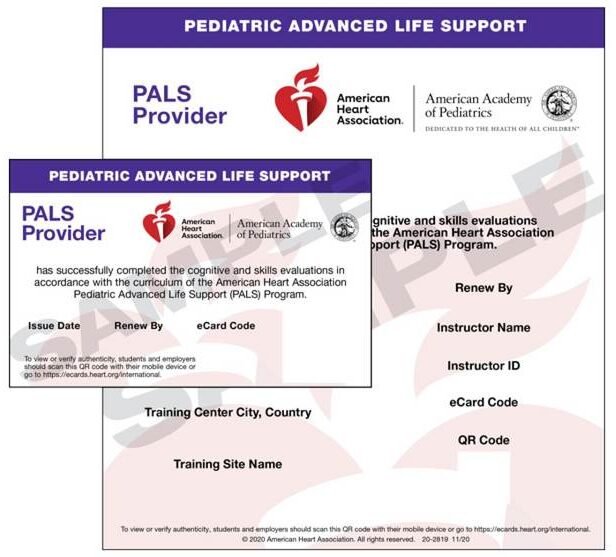When we think of CPR (Cardiopulmonary Resuscitation), we often imagine emergency responders or hospital staff rushing to save lives. But CPR skills extend far beyond emergency rooms. Whether you’re a doctor, nurse, teacher, coach, or office manager, understanding CPR can make a real difference, even save a life. So, do doctors and other professionals need CPR training? The answer is yes and here’s why.
Why CPR Training Matters for Doctors
Doctors are trained to save lives, but that doesn’t mean every doctor automatically holds a valid AHA CPR course completion card. In many cases, CPR training is a separate requirement for hospitals, clinics, and medical boards.
Key Reasons Doctors Need CPR Classes:
- Licensing Requirements: Many medical boards and hospitals require a current AHA course completion card for practice. It’s not just recommended, it is often mandatory.
- Preparedness During Emergencies: Medical professionals, even those who don’t work in emergency care, may find themselves in a life-threatening situation. A doctor with a valid AHA course completion card can act immediately if a patient collapses in a waiting room or during a routine checkup.
- Teamwork in Clinical Settings: Hospitals rely on coordinated teamwork. If every team member knows how to respond during a cardiac emergency, response times improve and survival chances increase.
Do Other Professionals Need CPR Training?
You might be surprised to learn that CPR training is valuable, and sometimes required, in many non-medical fields. Here’s a breakdown of who else benefits from being CPR:
1. Teachers and Childcare Providers
- Schools, day-care centers, and camps often require a provider card for CPR and First Aid.
- Children are at higher risk for choking and respiratory issues, and quick response can prevent tragedy.
2. Fitness Instructors and Coaches
- People working in gyms, sports clubs, and swimming pools are responsible for the safety of those under their supervision.
- Cardiac emergencies can happen during intense physical activity. CPR training ensures instructors are ready to act fast.
3. Lifeguards and Outdoor Guides
- CPR is a standard part of first aid training for lifeguards, hiking guides, and adventure staff.
- Water-related and remote-area emergencies require immediate care — sometimes before paramedics can arrive.
4. Corporate Office Employees
- More companies are encouraging CPR training as part of workplace safety programs.
- Having trained staff on-site can bridge the gap before medical help arrives during an emergency.
Conclusion
CPR training is important for more than just emergency workers. In many jobs, it’s not only useful but often required. Even in everyday situations, being prepared can make a big difference.
Completing AHA CPR training is a small step that can have a big impact. Bayside CPR makes it simple and flexible: complete the online portion first, then wrap up with a 30-minute in-person Skills Evaluation at one of more than 60 locations. Receive your AHA course completion card in ACLS, BLS, PALS, CPR, or First Aid and leave the same day confident and valid for two years.
